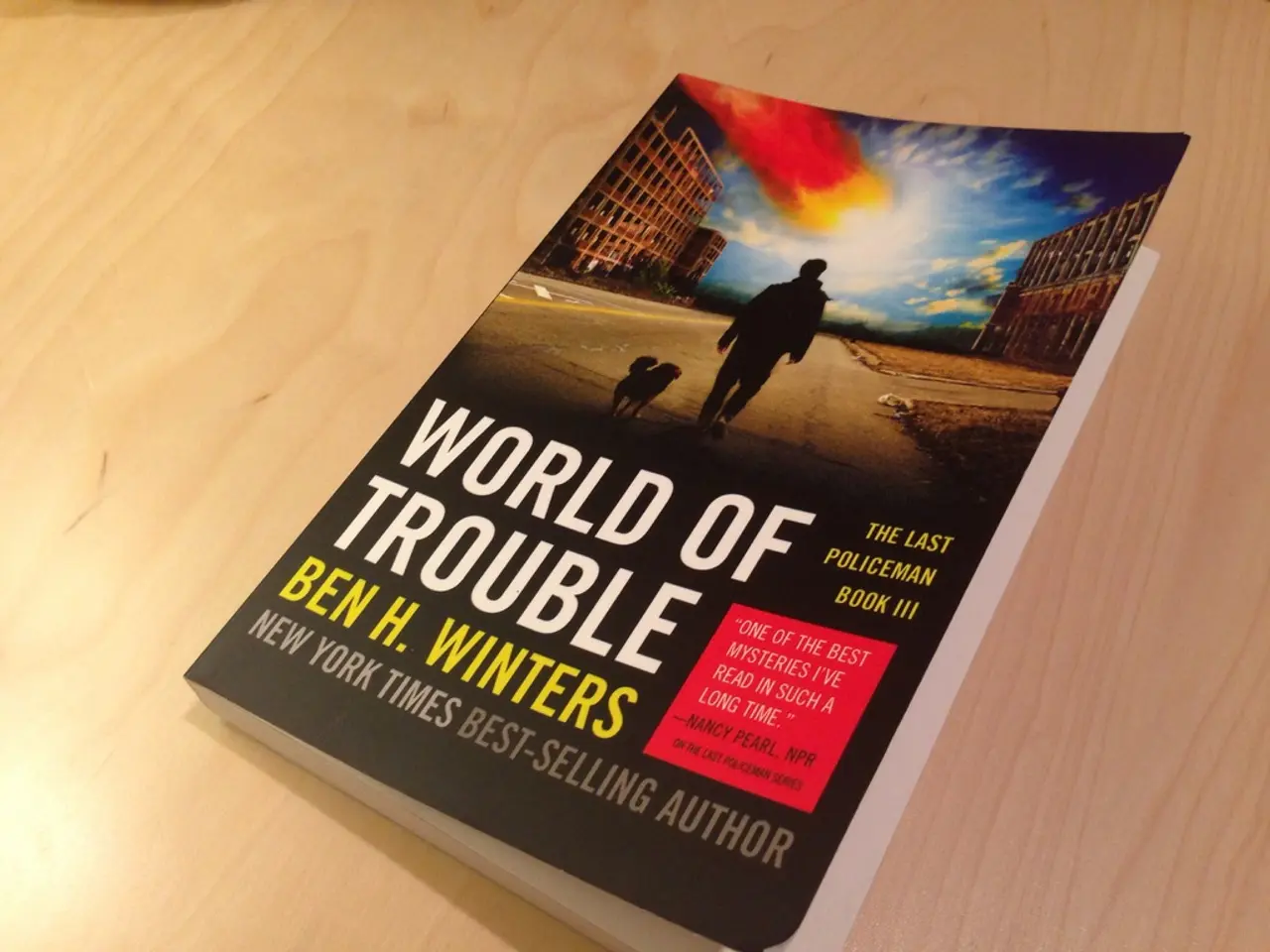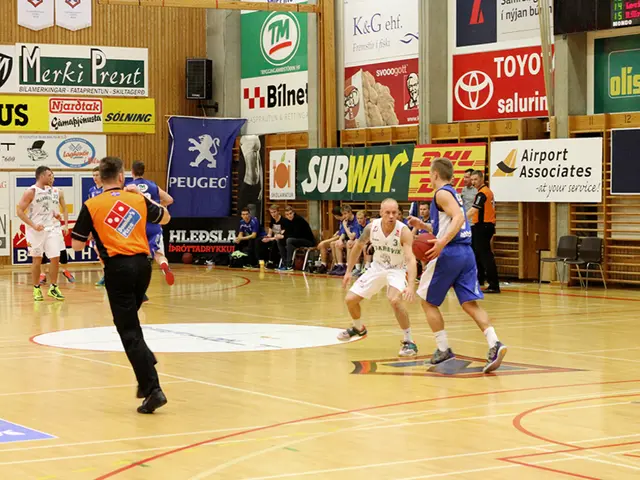US Penalties Imposed on Judges of the Criminal Court in the United States
The International Criminal Court (ICC) has been a vital force in pursuing and prosecuting the most serious international crimes, such as genocide, war crimes, and crimes against humanity, since its inception in 2002. However, the U.S., Israel, and Russia are not contracting states of the ICC.
Recently, the U.S. government has reimposed sanctions on four judges and prosecutors of the ICC, including Judges Kimberly Prost (Canada), Nicolas Guillou (France), and Deputy Prosecutors Nazhat Shameem Khan (Fiji) and Mame Mandiaye Niang (Senegal). These sanctions were imposed under the International Emergency Economic Powers Act (IEEPA) and are justified by the U.S. government as a matter of national security.
The U.S. government views the ICC's investigations, particularly those related to arrest warrants issued against Israeli officials over actions in Palestine and inquiries into alleged war crimes by U.S. military and intelligence personnel in Afghanistan, as illegitimate encroachments on U.S. and allied sovereignty. The U.S. accuses the ICC of lawfare and politicization against itself and Israel.
As a result of the sanctions, any property belonging to the four individuals in the U.S. will be frozen, and their travel to the U.S. is banned. U.S. persons and companies are prohibited from providing them goods or services, with violations resulting in heavy civil and criminal penalties. The sanctions also extend to foreign entities materially supporting these individuals, broadening the sanctions' global reach.
These measures have sparked widespread condemnation, with legal and human rights organizations strongly denouncing the sanctions as attacks on judicial independence, the rule of law, and international justice. They argue that the sanctions undermine the ICC’s mandate to investigate and prosecute the gravest crimes affecting international peace and security, threatening the global legal order and denying justice to victims worldwide.
The implications for the targeted individuals are severe, and businesses face stringent due diligence requirements to avoid prohibited dealings, risking heavy fines or criminal charges if they assist sanctioned persons.
In summary, the U.S. reimposed sanctions on ICC judges and prosecutors to shield itself and Israel from ICC scrutiny, with serious punitive consequences for the targeted individuals and businesses globally, and broad negative ramifications for international justice and judicial independence.
[1] "U.S. imposes sanctions on ICC judges and prosecutors." BBC News. June 8, 2021. https://www.bbc.com/news/world-us-canada-57335061 [2] "ICC judges and prosecutors sanctioned by US." Al Jazeera. June 8, 2021. https://www.aljazeera.com/news/2021/6/8/icc-judges-and-prosecutors-sanctioned-by-us [3] "U.S. imposes sanctions on ICC officials over Palestine probe." Reuters. June 8, 2021. https://www.reuters.com/world/us/us-imposes-sanctions-icc-officials-over-palestine-probe-2021-06-08/ [4] "U.S. imposes sanctions on ICC officials." Amnesty International. June 8, 2021. https://www.amnesty.org/en/latest/news/2021/06/us-imposes-sanctions-on-icc-officials/ [5] "U.S. imposes sanctions on ICC officials." Human Rights Watch. June 8, 2021. https://www.hrw.org/news/2021/06/08/us-imposes-sanctions-icc-officials
Read also:
- United States tariffs pose a threat to India, necessitating the recruitment of adept negotiators or strategists, similar to those who had influenced Trump's decisions.
- Weekly happenings in the German Federal Parliament (Bundestag)
- Southwest region's most popular posts, accompanied by an inquiry:
- Discussion between Putin and Trump in Alaska could potentially overshadow Ukraine's concerns








